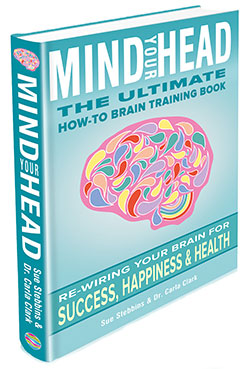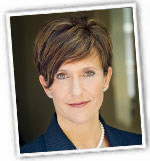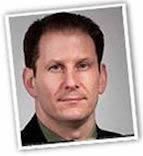Phenomenology and Imagination in Husserl and Heidegger
(BRIAN ELLIOTT)
Reviewed by Julia Jansen
Page 2
Source: http://ndpr.nd.edu/review.cfm?id=7323
IHowever, while Husserl acknowledges the 'primacy of the imagination', he also restricts it to these methodological applications and continues to speak of intuition when evidence and insight are concerned. It is this restriction that Elliott takes issue with. In opposition to Husserl's express views, he wants "to show that what Husserl identifies as the work of categorial acts points back to the more basic 'achievement' of imagination in opening the very field of 'general intuition'" (39).
To this purpose Elliott extends his investigation to Husserl's views on time-consciousness. He acknowledges Husserl's critique of Brentano who had given imagination (in its moments of memory and anticipation) a central function in the emergence of time-consciousness. As Elliott proceeds to explain, Husserl maintains that phenomenological evidence contradicts Brentano's doctrine.Consciousness of a continuing present is not constructed out of now-points, accompanied by memory and anticipation. Rather, the present stretches from an originary, or primal impression (Urimpression) over retention and protention, i.e., the present which is 'just passed' and the present which is 'not yet'. Thus, in Husserl's view, time consciousness is in an important sense notimaginative. The present 'now' is perceived, although it is always already mediated through retention and protention.
However, Elliott attempts to qualify Husserl's stance by highlighting the importance Husserl attributes to remembrance for phenomenological reflections on time. And in a second step, he questions Husserl's distinction between remembrance and imagination on the grounds that there are cases in which the distinguishing criterion of positionality fails to work. There are cases in which we remember something without positing it (as something that was) and cases in which we imagine something positing it (as something that was) although we cannot ascribe it to ourselves and hence do not experience it as a remembrance. Here Elliott pushes Husserl's account into an interesting direction. He takes this break-down as an indication "that a space is left open for a phenomenological elucidation of time-consciousness by means of imaginative presentation." (46)
This gives Elliott a lever to use in an attempt to break open Husserl's system.The basic contention is a variation of Derrida's charge of a 'metaphysics of presence'. Elliott's objection to Husserl's phenomenological enterprise in general is that Husserl is so concerned with offering an account for the unity and coherency of experience that he illegitimately suppresses evidence of dissonance and difference. With regards to Husserl's notion of imagination in particular, this results in a 'taming' of what can be a rather 'wild' mode of consciousness (these are not Elliott's words) whose disruptive function has been carefully observed by Ricoeur, Derrida, and others. And whether Elliott is ultimately able to crack Husserl's system or not, this undoubtedly is a, maybe even the, major shortcoming of Husserl's account of imagination. It is not so much that his account is inconsistent or that his descriptions are implausible.It is that he seems to leave out a whole range of phenomena that also belong to imagination, such as issues of aesthetic experience and of creativity more generally.
In this sense, Elliott is justified in claiming that Husserl displays the same exaggerated caution that Heidegger had ascribed to Kant, who, in Heidegger's famous opinion, had 'shrunk back' from imagination. His assessment that Husserl is more interested in unity than in divergence, more in identity than in difference and is therefore led to ignore imagination's potential for inserting difference and dissonance, is probably right, regardless of whether one finds the primacy of identity philosophically illegitimate or justified by phenomenological evidence.
We Make it Easy to Succeed
Successwaves, Intl.
Brain Based Accelerated Success Audios
 |






